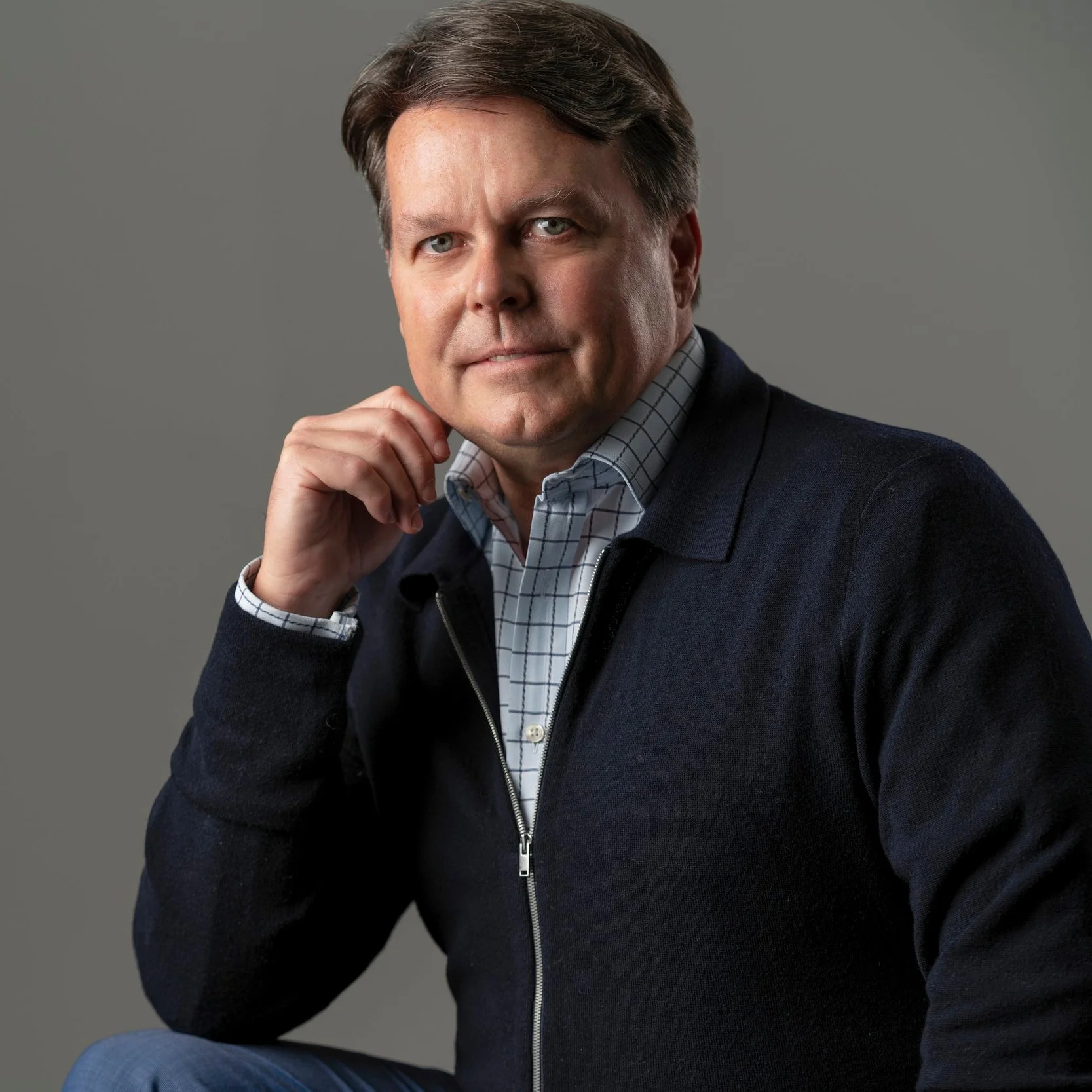Tom Sheridan is the president and founder of the Sheridan Group, a progressive strategic communication firm. Frequently named a “Top Lobbyist” by The Hill newspaper, Tom Sheridan is described as a “powerbroker for those without a voice.” His debut book, Helping the Good Do Better: How a White Hat Lobbyist Advocates for Social Change, was released in June 2019. @tfsheridan
1) To what ethical standard should political communication be held? Where should political communication ethics be grounded?
The ethical standard is “truth”. While the truth may be subjective, we all know that there is a broad and bright line between true and false. Interpretation will always be part of debates and the distinguishing element of policy positions or political messages – that’s a given. However, when political communications intentionally use falsehoods, rumors, or unsubstantiated data in the interest of harming another candidate or issue group then the ethical lines have been crossed. In civil rights movements we have a saying – “there are no rights without remedies” and the grounding of our ethics in politics should be in a consequence (or remedy) such that future work or aspirations are crippled when violated. An independent arbitrator should have the power to call balls/strikes. Any professional committing three strikes should be out and there should be a mechanism to do it. Sadly, in politics the lack of consequence is frequently interpreted as permission.
2 - Why should someone in political communication behave ethically?
Because democratic participation in government is a privilege shared equally by all citizens. For someone to manipulate the power of citizenship by using political communications to drive falsehoods or corrupt agendas is as corrosive to our democracy as any assault by adversaries. We have seen war, tension, terrorism – many of those come from abroad but we are only now understanding that powerful assaults against democracy can come from within. Professionals in politics must be the front lines of defense for the nation and the democratic norms we value.
3 - Can you give an example of ethical-political communication? What can people point to and say “do more of that?”
Sure, every year the JFK Library gives out their “Profiles in Courage Award”. Frequently these are politicians who stood up for principals and values and did “the right thing”. Sadly, many of them pay a price for such courage. What if that award came with something else – a large cash prize like the McArthur Genius Award so that when good is demonstrated it’s rewarded and not punished, the recipient can then fight back against the money interests that are almost always on the other side and bragging about the defeat (i.e. the NRA). Justin Amash is a lone former Republican in the House to stand up to Donald Trump – will he win his next campaign? Will a primary opponent out of Trump’s swamp amass such sums as to push Amash out? We’re all grown-ups – we look at who wins and who loses in these matches. When “good” loses it sends a message. That has to change.
4 - Can you give an example of an ethical challenge or question you or political communication professionals in your field have faced or are likely to face?
You can not play in this game at any level of seriousness and not face challenges ethically. They seem to spring out of the woodwork, sometimes daily. For me, the challenges come in balancing tactics that require “fighting fire with fire”. In the heat of an intense lobby effort there are moments when hedging on the truth, pulling a punch, or manipulating others feels necessary and opportunistic. The moment pushes you to do it in the interest of winning for the greater good. This is my threshold moment when I think I can do this and forgive myself for the “greater good”, I stop! The thought is the warning and the warning should be heeded – there is no “greater good” served by bad or unethical actions.
5 - What advice about ethics do you have for people studying political communication or starting their careers in the field?
If you’ve chosen politics as a career choice be clear you’ve entered a “service industry”. Politics at it’s best is in service to others. If your motivation is something other than service you are already vulnerable to the influences that compromise ethics and frequently break laws. Corruption doesn’t appear dressed for the dance – it’s slow, subtle, and seductive. It breeds in people who haven’t grounded themselves in the humility of service. Emotionally mature adults with balanced lives do best in this business in the long term. Surround yourself with family and friends who share your values and keep you rooted in them. Treasure those who tell you when they see you stray!

